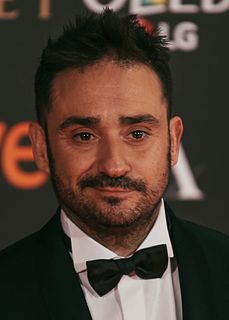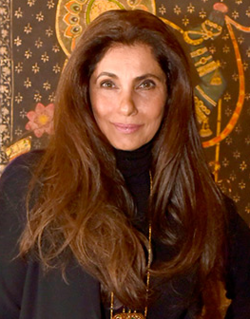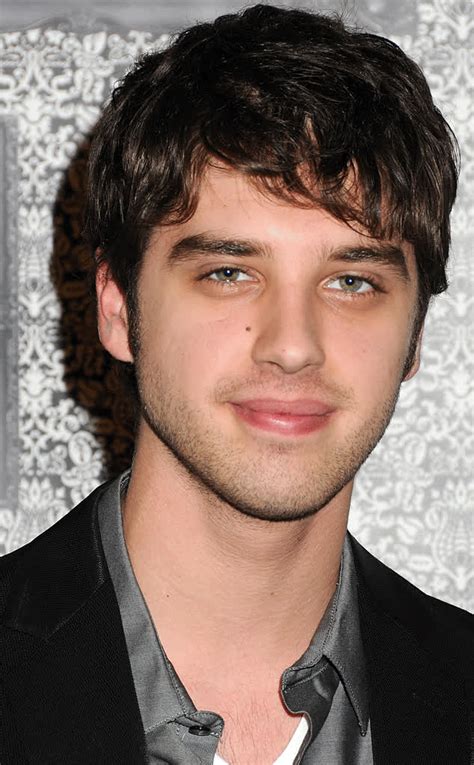A Quote by Doug Liman
When I'm working on a film, I think about how it will play with a tiny audience of friends whose opinions I respect, basically a 40-bloc radius from my apartment in Manhattan.
Related Quotes
I don't think I'm a workaholic. Every weekend, I invite my colleagues and friends to my home to play cards. And people, my neighbors, are always surprised because I live on the second floor apartment, and there are usually 40 pairs of shoes in front of my gate, and people play cards inside and play chess. We have a lot of fun.
You never know how a film will play, whether it will be successful or not, or whether it will touch the audience. I always said to myself that whatever happens, big audience or small, that I would not let the results have an impact on my way of working. But it would be a bit silly for me to change my methods when I have a big success. That means my methods work well.
To spend any time with someone who is among the top five film composers of the last 50 years is pure gold dust. I mean, not necessarily stylistically, because everyone is different in what their music sounds like, but the approach and how to look at a film, how to think about a film, how to decide what you want to do, how to think about characters, how to think about art, how to think about narrative, how to liaise with producers, how to liaise with directors.
It's very important that a film that intends to play tricks on the audience... has to play fair with the audience. For me, any time you're going to have a reveal in the film, it's essential that it have been shown to the audience as much as possible. What that means is that some people are going to figure it out very early on. Other people not til the end. Everybody watches the film differently.
The first thing I say when people ask what's the difference [between doing TV and film], is that film has an ending and TV doesn't. When I write a film, all I think about is where the thing ends and how to get the audience there. And in television, it can't end. You need the audience to return the next week. It kind of shifts the drive of the story. But I find that more as a writer than as a director.





































